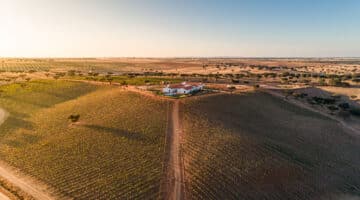Regenerating Alentejo, Portugal
January 6, 2023 by Laura Fishman
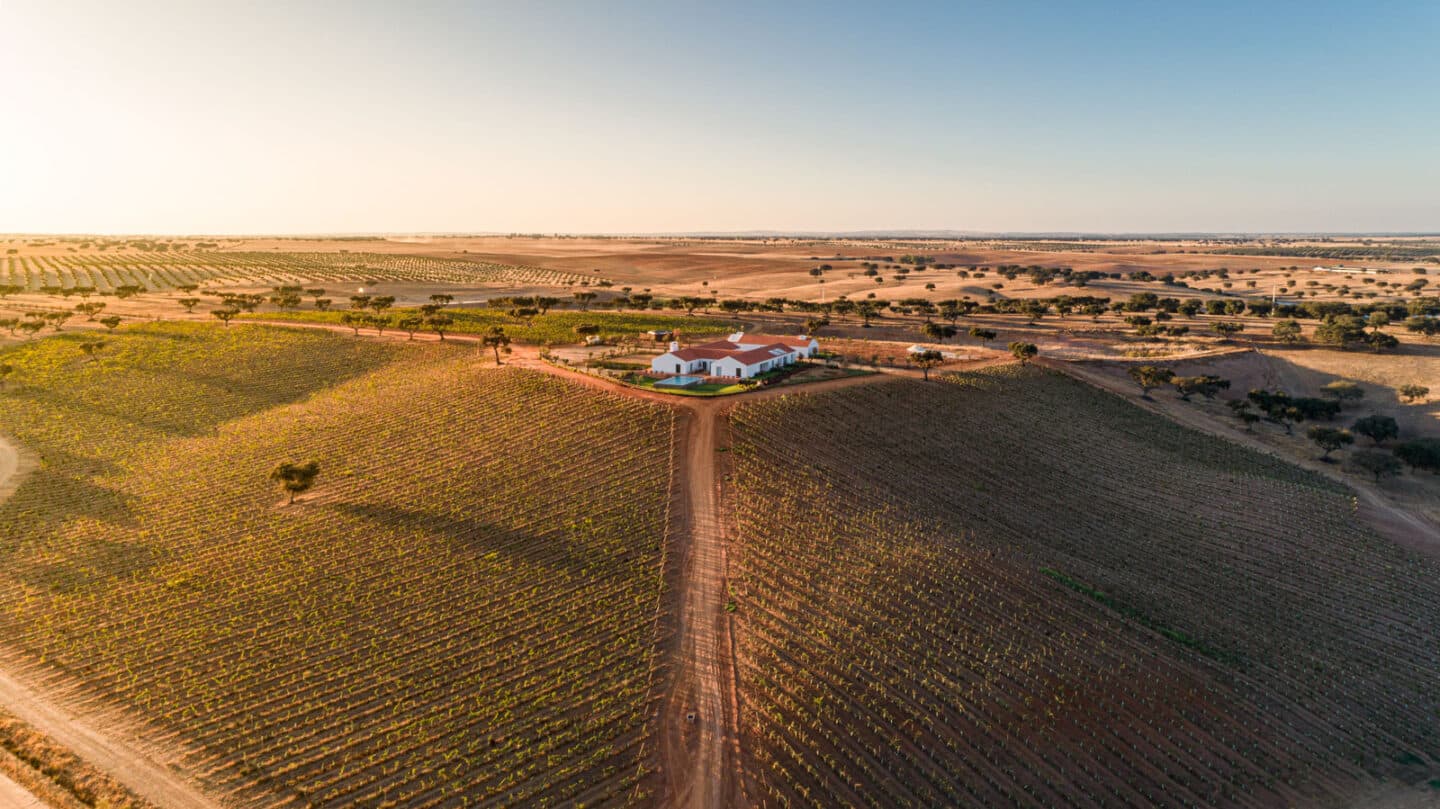
One of Portugal’s hidden gems, Baixo Alentejo is defined by the cadence of nature. An agricultural region nestled just above the popular sun-kissed Algarve region, known for its endless horizons, stunning rolling hills dotted with olive groves, wheat, oat and barley fields, and peaceful ancient, white-washed villages.
Alentejo offers true respite for healing with a rich, cultural history and heritage, akin to Italy’s beloved Tuscany. What makes Alentejo so special is how underdeveloped and remote the land is compared to the large resorts built along the coast of the Algarve. With the opening of a handful off modest and luxurious family-owned farm-house hotels, travelers now have a chance to savor the true beauty of this region.
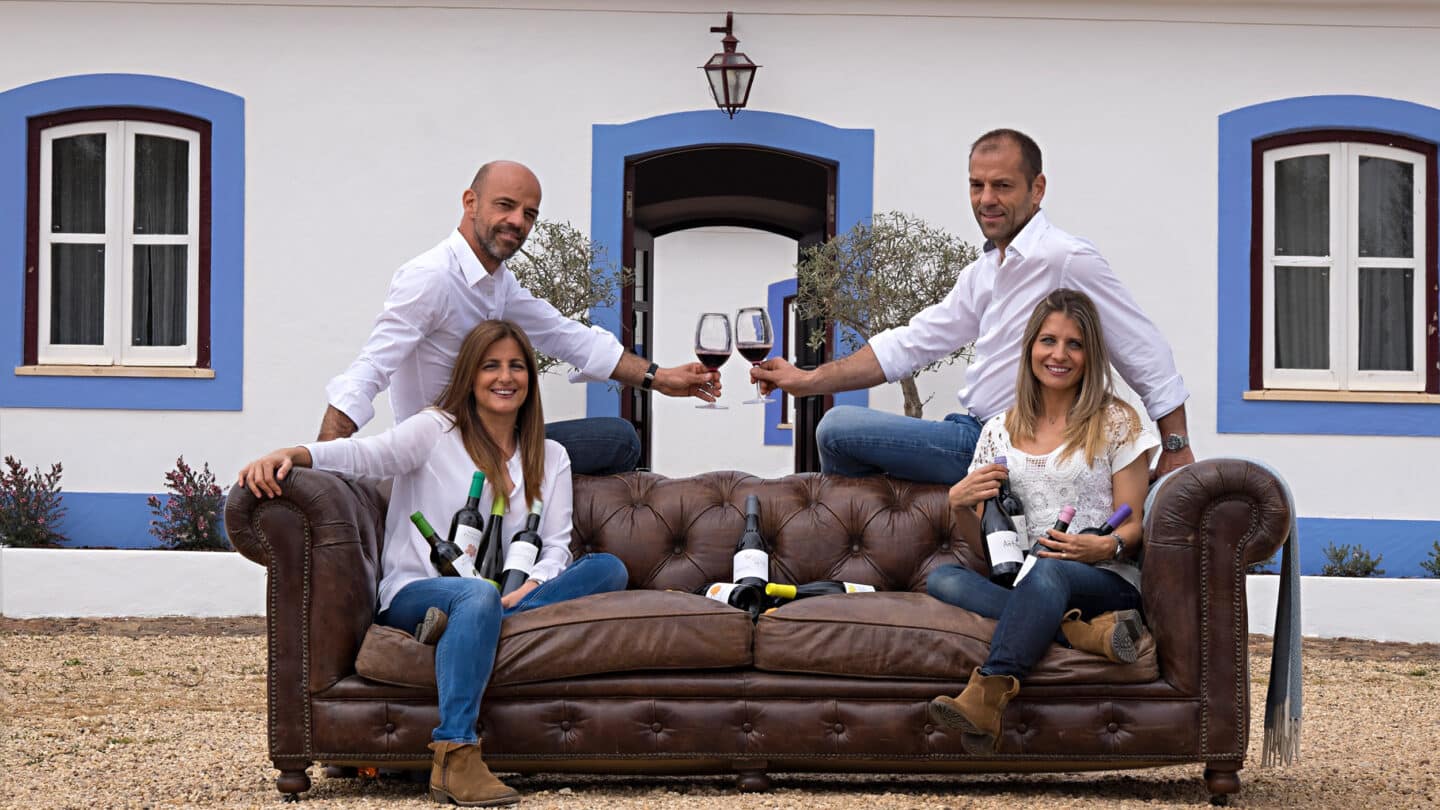
Set near the charming village of Albernoa, Herdade da Malhadinha Nova is a family-owned passion project and a proud member of Relais & Chateaux that is deeply rooted in sustainability and regeneration of the land. The Soares family first set eyes in 1998 on these long-neglected fields with the vision to produce high-quality Portuguese wines while preserving the original integrity of the land and natural balance of its surroundings.
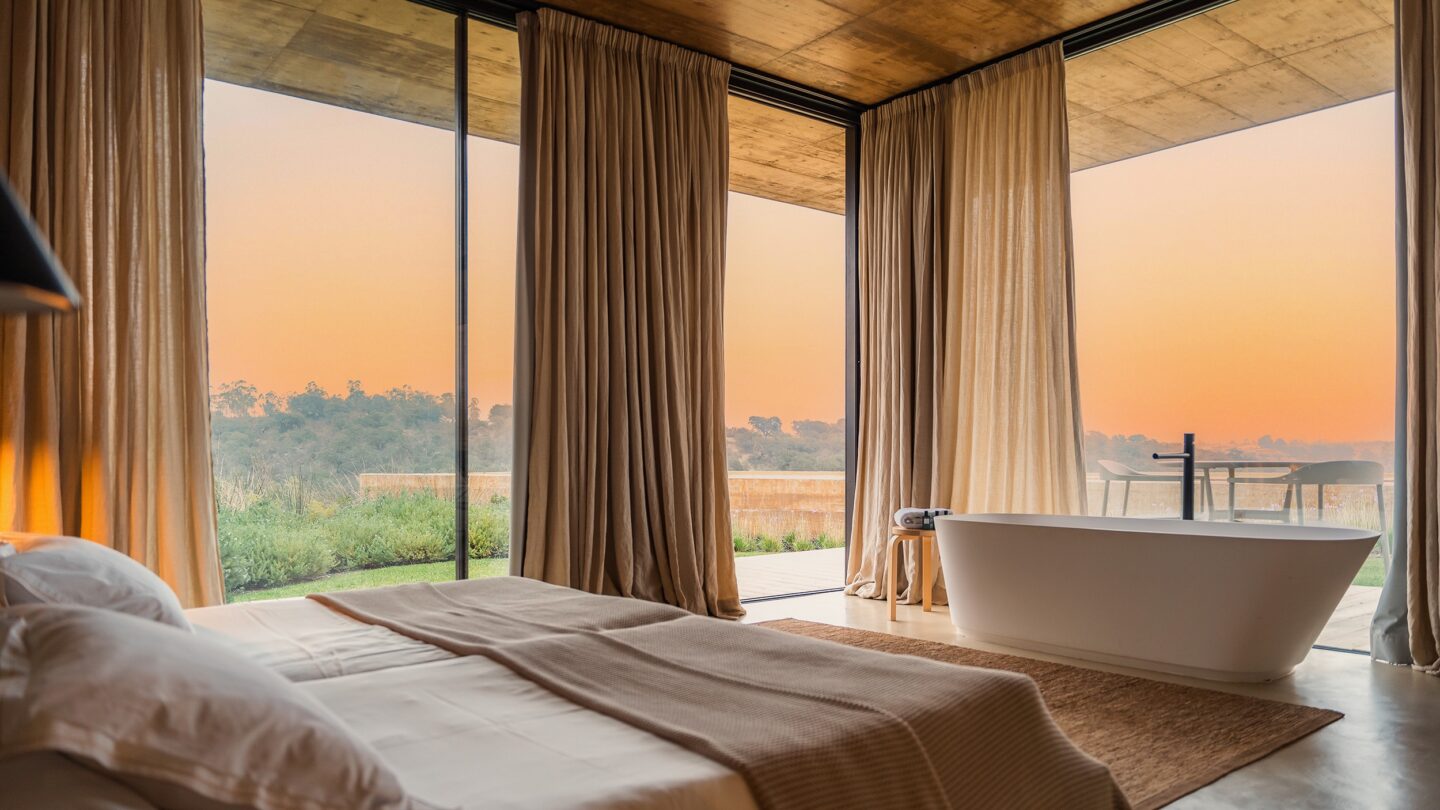
Today, Malhadinha Nova is surrounded by 450 hectares of vineyards and rolling fields, and it welcomes guests to experience a taste of the traditional rural Alentejo spirit with a mix of contemporary comfort and thoughtfully-designed interiors. Last year, Malhadinha Nova was recognized as “Best Wine Tourism in Portugal” in the first edition of the National Wine Tourism Award Apeno and was also selected by Relais & Chateaux to represent “Best regenerative agriculture practices” in the global “Food For Change” campaign in partnership with the Slow Food International.
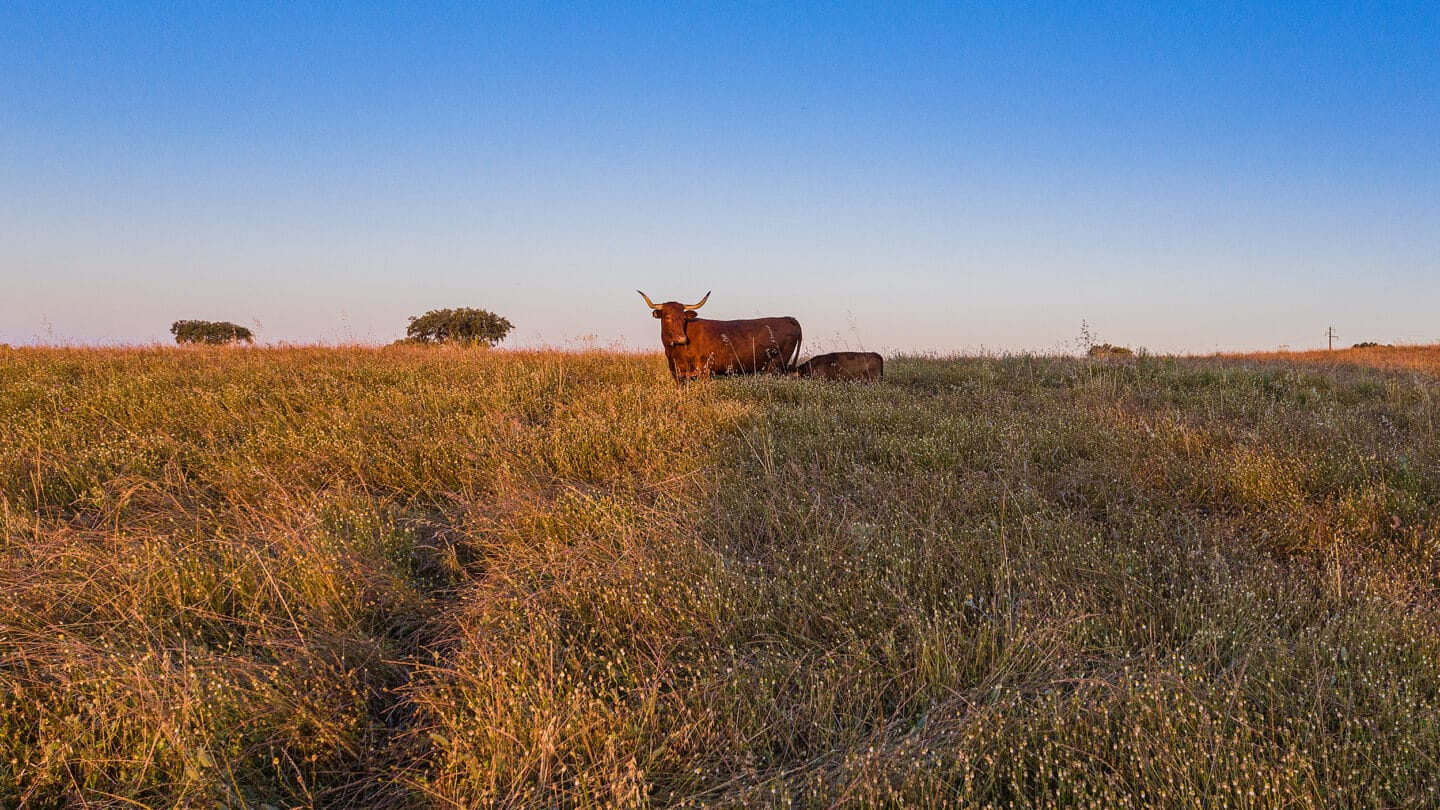
Throughout its development, the Soares family made sure that the property’s soil was not damaged by intensive soil-use through chemical fertilizers and pesticides, severe monoculture farming, or developed real-estate. Before the first vines were planted, the Soares family also re-invigorated the natural habitat of the land by acquiring and re-introducing several indigenous animals, such as Alentejana cows, DOP Iberian black pigs, white and black merino sheep, and pure blood Lusitano horses.
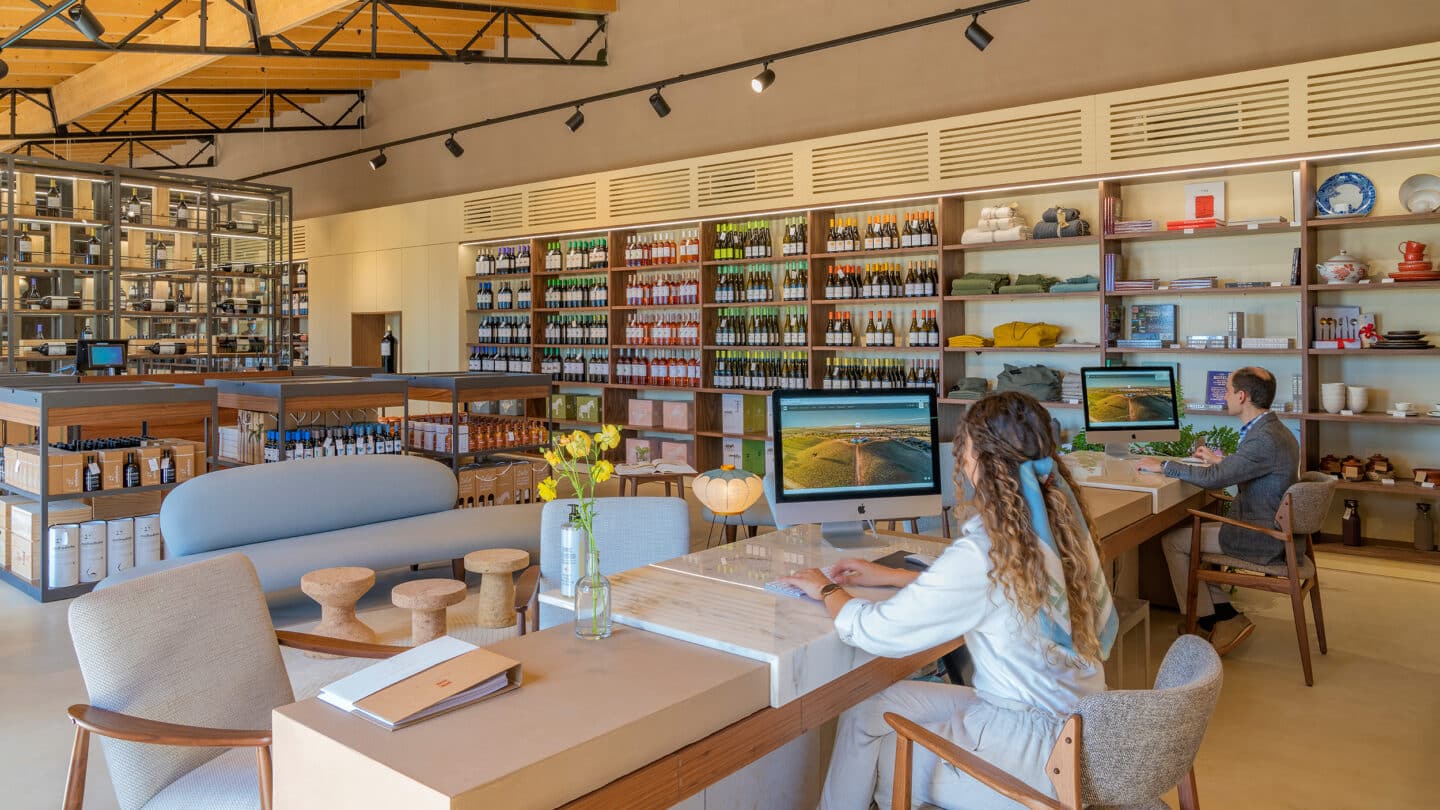
In the process of regenerating the land for future generations of guests to enjoy, Malhadinha Nova aims to provide economic investment by elevating its first-class service, agricultural products, and wine to Portuguese and international markets. Its staff are the heart and soul of the property, 80% are locals from the area. The old Venda Grande, a once abandoned house in the village where various products used to be sold to the community, has now been converted to housing to prevent local depopulation.
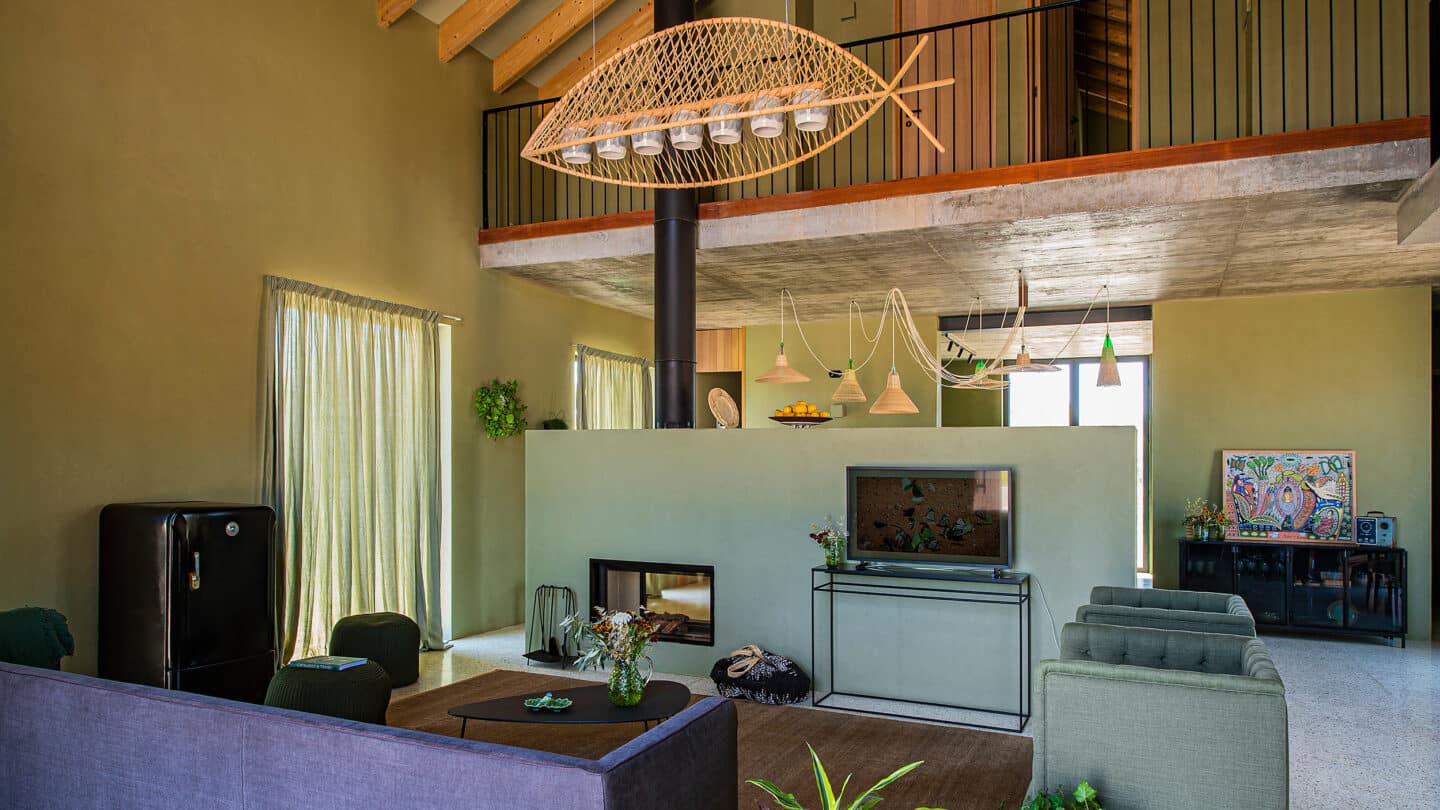
With a rich culture and history, Malhadinha Nova strives to preserve the region’s artesian craftsmanship in the contemporary design of its hotel. It supports several projects such as TASA Project Alentejo, aimed to revive ancestral arts and crafts. In the living room of the Casa das Artes e Ofícios villa, guests can see a Larch Lamp made from bulrush, ceramics and wood, which pays homage to the indigenous river fish.
Manicómo, a project spearheaded by Sandro Resende, integrates art into the lives of people dealing with mental health issues. Together, Malhadinha Nova and Manicómo founded “Sou Calor Frio” wine and donated 1,000 magnum bottles with a special label designed by Anabela Soares.

Other collaborations for the hotel’s interiors include Vista Alegre for the tableware (a percentage of proceeds goes to the Amazon reforestation), Whitewashed Homes, to preserve the main trait of an Alentejo exterior building, The Cante Alentejano, a UNESCO cultural protected program and promotes workshops with local artisans.
Malhadinha Nova has also been working with ECOS (association of Ecological Crafts for Social Cooperation) for the past 15 years, which sources tapestries made on traditional weaving looms by people with disabilities.
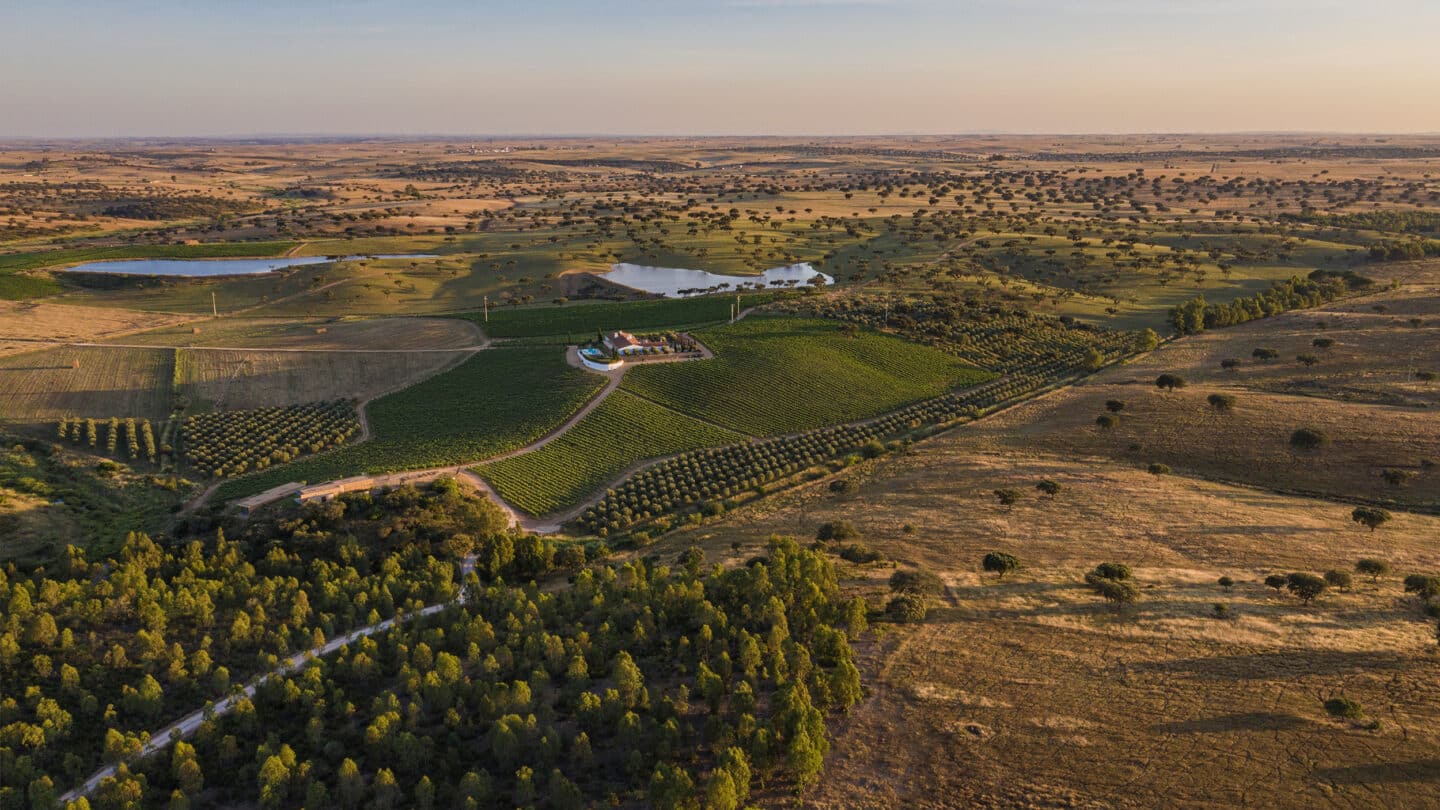
Deeply connected to the soil, Herdade da Malhadinha Nova enlisted the property under the Natura 200 network, which UNESCO zoned this area in 1998 to protect extremely rare species, such as the bustard and the kestrel. In addition, Malhadinha Nova practices organic farming (officially certified in 2020), efficient water-use, native breeding, cultivating traditional olive groves, and honey production. There are 80 beehives that create Malhadinha Artisanal Honey. It also uses natural manure produced on the property to fertilize its vineyards. There is also a new vegetable garden used to grow local produce for its restaurants, and the property soon plans to produce their own flour from local barley, oat, rye, and Barbela wheat to make home-made bread.
An important part of land preservation is the maintenance of ecosystem balance by encouraging natural species to thrive, eliminating food waste and plastic-use, and water and energy management. The property uses treated wastewater and rainwater for irrigation, high-energy efficient materials, plus wood-fired boilers fueled from the pruning of centuries-old holm oaks on property. Currently, 40% of the energy used at Malhadinha Nova is generated on-site. The property recently purchased 10 100% electric vehicles for employees and guests to cruise around.
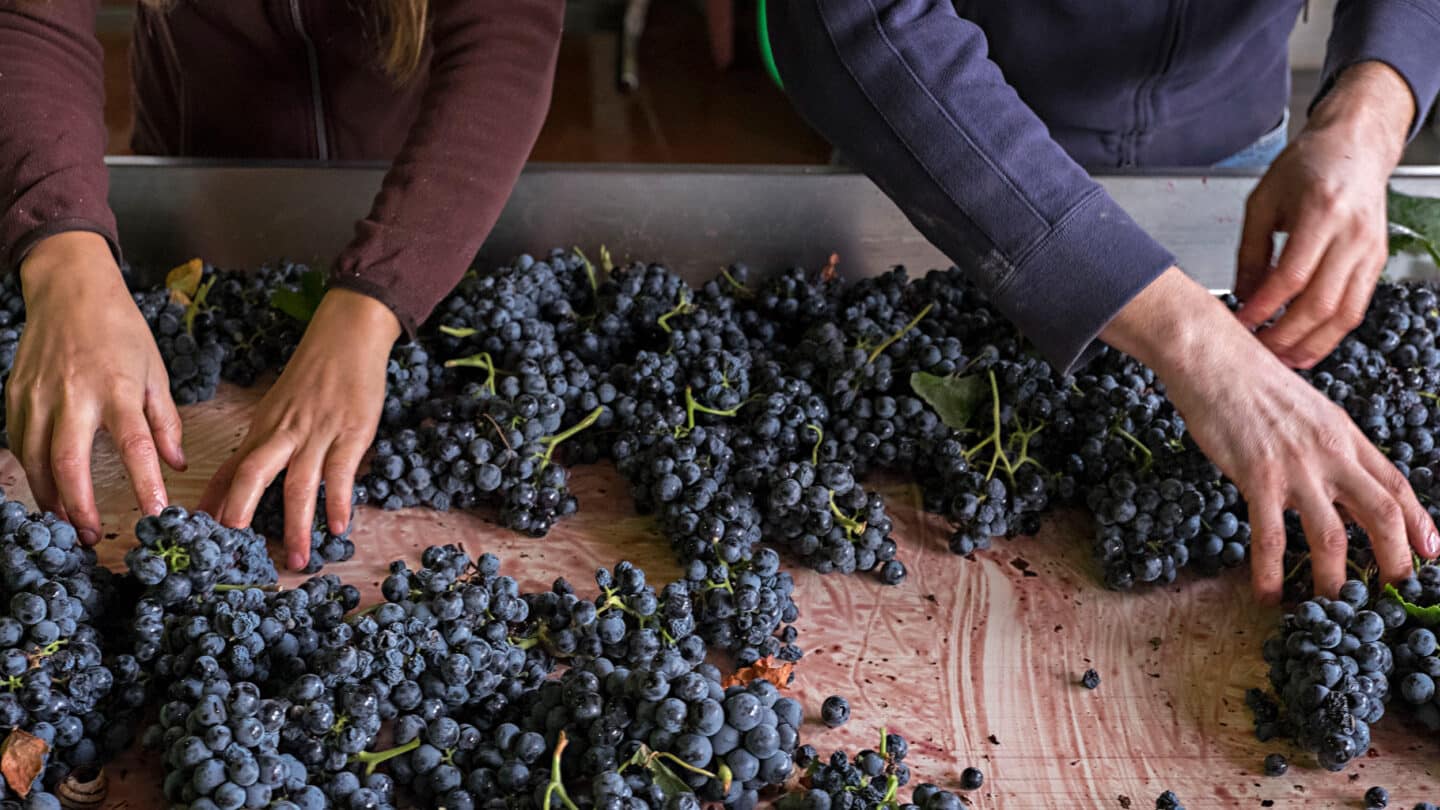
Wine is essence the of Malhadinha Nova. Committed to producing sustainable Alentejo wines, the Soares family a pioneering program to implement sustainable wine producing measures and help producers navigate climate change. For the last six years, they have been investing time and resources into providing good working conditions, gender equality, involvement in charitable donations, and restoring heritage assets.
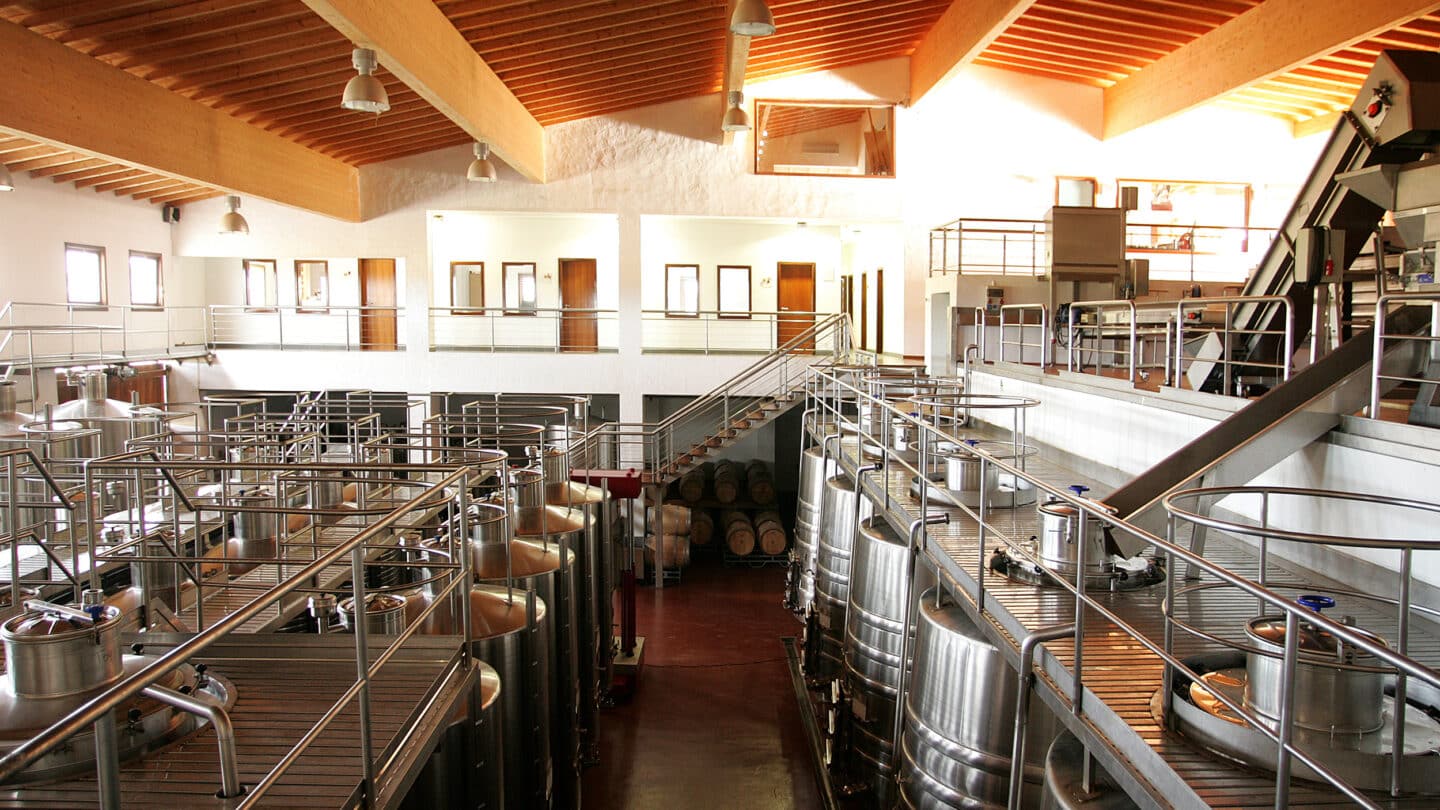
With its wine production and cellar, Malhadinha has reduced its energy and water consumption, as well as the water ration needed to produce one liter of wine. Also, keep an eye out for Malhadinha Nova’s sustainability stamp, which will be placed on all products, from wine, olive oil, honey, and flour.
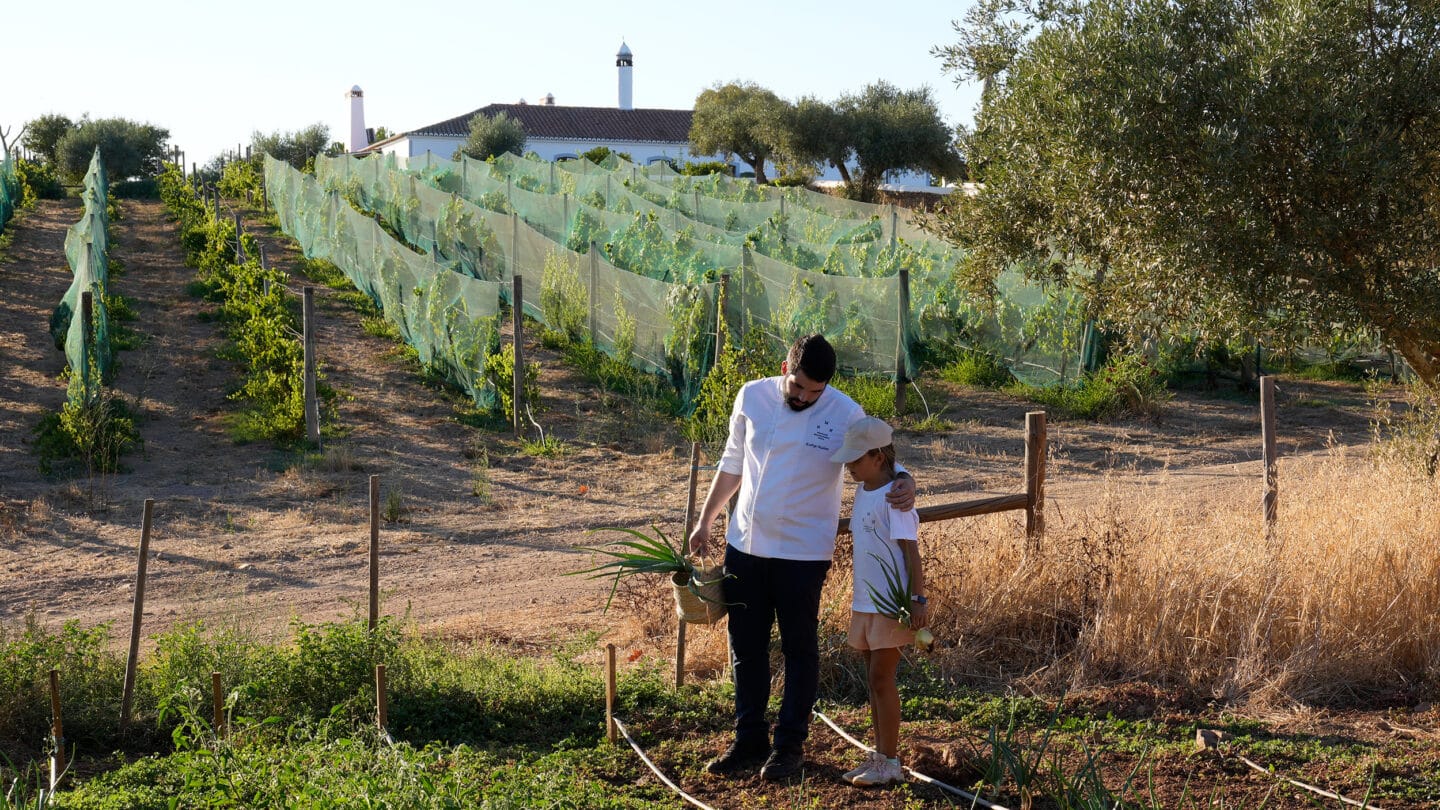
The Soares family passion for connecting its guests to the land for future generations to enjoy is deeply integrated into Malhadinha Nova’s commitment to sustainability and regenerative travel. With each stay, guests are supporting The Soares family dream more and more, and are becoming a part of the cultural fabric embedded in Alentejo’s special lands and storied culture.
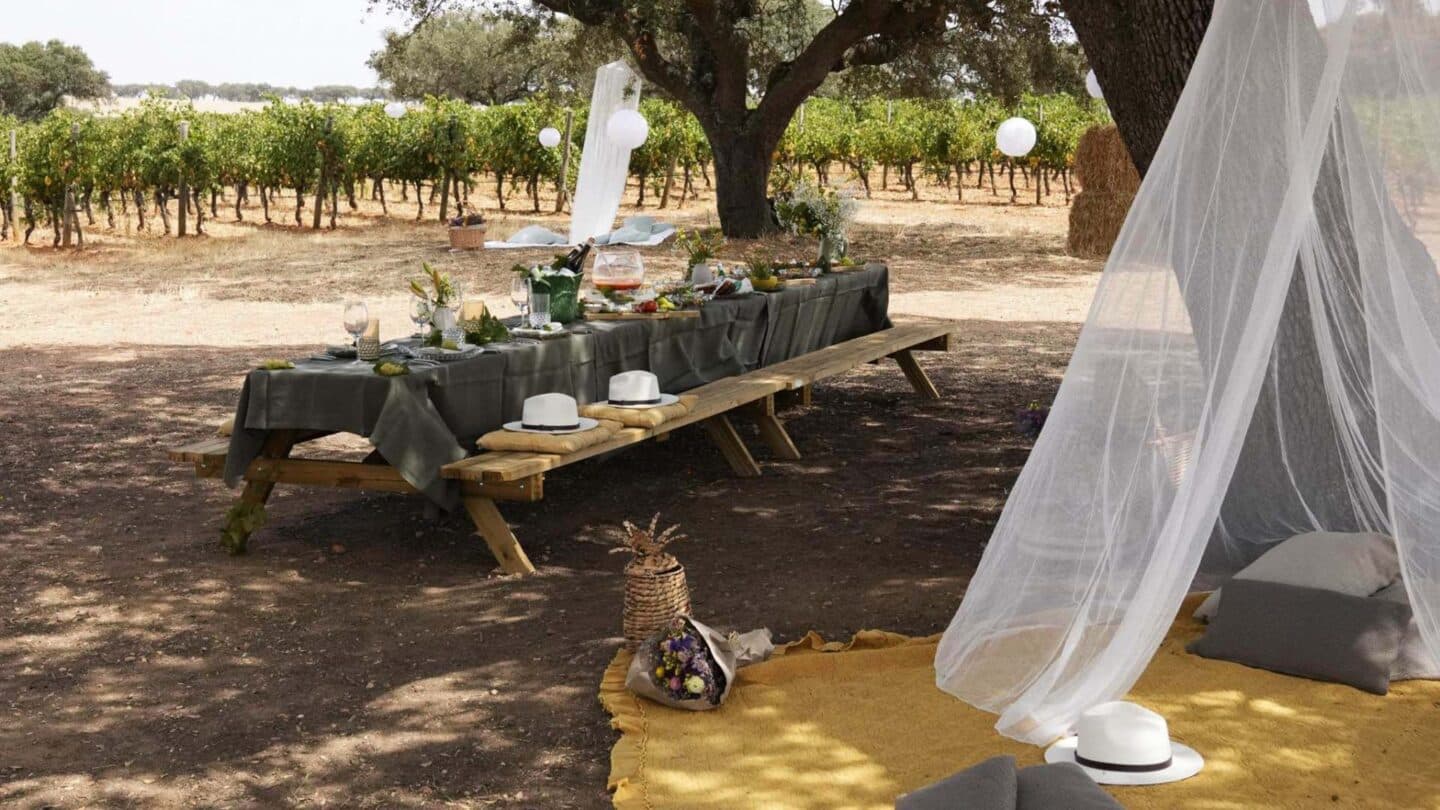
From its cozy accommodations designed in the Alentejan artisanal spirit to the complex profile of its award-winning Portuguese wines and decadence of its local produce and freshly baked-breads, Malhadinha Nova is a true gem and hidden doorway to experiencing the natural beauty of Alentejo.
Contact:
Herdade da Malhadinha Nova
7800-601 Albernoa, Beja, Portugal
Telephone: +351 284 965 432
Reservations: reservas@malhadinhanova.pt
Website: https://www.malhadinhanova.pt/en/
